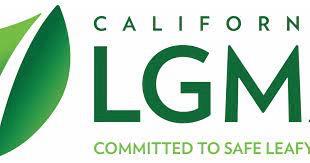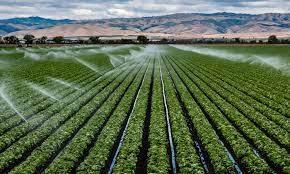 The Board of the California Leafy Greens Marketing Agreement has issued guidance on pre-harvest testing when crops are grown in close proximity to a Concentrated Animal Feeding Operation (CAFO). The recommendations follow intensive studies on the causation of repeated outbreaks of STEC associated with leafy greens harvested in Arizona and California.
The Board of the California Leafy Greens Marketing Agreement has issued guidance on pre-harvest testing when crops are grown in close proximity to a Concentrated Animal Feeding Operation (CAFO). The recommendations follow intensive studies on the causation of repeated outbreaks of STEC associated with leafy greens harvested in Arizona and California.
Additional steps to improve the safety of leafy greens include revisions to standards for soil amendments and crop inputs, attempts at reducing fecal contamination of irrigation water and related preventive measures. Collectively the Yuma Valley of Arizona and the Imperial Valley of California produce 90 percent of leafy greens consumed in the U.S.
 While the recommendations should reduce contamination, it is generally accepted that a problem of foodborne infection cannot be solved by simply ‘testing’. Elimination of the basic cause, namely contamination of irrigation water, will be required to enhance safety. The industry will only be able to assure their customers that products are free of STEC if a positive kill-step is introduced either before or after packing. This will require either an immersion process or electron beam irradiation treatment.
While the recommendations should reduce contamination, it is generally accepted that a problem of foodborne infection cannot be solved by simply ‘testing’. Elimination of the basic cause, namely contamination of irrigation water, will be required to enhance safety. The industry will only be able to assure their customers that products are free of STEC if a positive kill-step is introduced either before or after packing. This will require either an immersion process or electron beam irradiation treatment.
Should members of the Leafy Greens Association not be able to provide products free of possible infection, they will most certainly face competition from the growing “vertical farming” segment of the industry that can provide product free of E.coli producing Shiga-toxin (STEC) responsible for infection of consumers.